Pervez | He/Him
Childhood Memories
Pakistan
Deserts and Xeric Shrublands
Session 4: January 30, 2023
My name is Pervez Ali, and I am from Pakistan. I will start with my own story, as I am one of the climate refugees from the floods of 2010. I was seven years old when that disastrous monsoon came to us. I lost my house—the place I was living, and the place where my siblings and I used to play. I was out of school for seven months. And now I carry that story, or that memory, everywhere I go.
So I will start with what happened at that moment, how it felt to live through that experience, and how I evolved to become a climate activist, representing my country at the international level, including at COP27 in Sharm El-Sheikh, Egypt.
It was 2010, and I was studying in grade five. In one of Pakistan’s first climate disasters, the flash floods hit at least seven sub-states, including my own Gilgit Baltistan, which is remote and mountainous. It was midnight when the flood started, and we were forced to leave our house, to move to safer places without even the essentials to eat. I remember the chaos: my mother was suffering from a cardiac disorder, and we were not even able to take her medicine. I was out of school for seven months, because my school was destroyed. We weren’t even able to communicate with relatives who lived nearby. We moved into my grandma’s house and stayed there for three months. Then we moved to the city so that I could receive education.
At the time, I wasn’t well aware of climate change as a concept, because in our country, the religious path is often followed. But later on, in 2015, we experienced another monsoon rain and more disastrous flooding, and we completely lost everything again, including our house. Some officials from UNDP and UNFCCC came to help, and I learned from them about climate change. I started to understand that we needed to adapt. Something clicked in my mind: I thought, “How can I be a part of this process? What can I do to bring awareness and good things to my people?”
Those are my childhood memories, so my connection with climate activism is very personal. I also understand in a very personal way that we were so unable to cope with that environmental crisis due to the other political and financial crises already facing our country. Because of my experience, I feel sensitive to what others are going through—like in Sindh province, which flooded in 2022, and Khyber Pakhtunkhwa, which is under a severe financial crisis and also dealing with flash floods from monsoon rains and overflowing glacial lakes.
I eventually moved to Islamabad, the capital, for further studies. I learned how to join and form organizations, and how to lead projects. I made a lot of friends, and we are working to increase climate awareness among the people. Because in Pakistan, climate literacy is low: 69% of people are unaware of climate science—they see this as an act of God. That’s one of the biggest issues currently facing our country. In 2019, I joined Fridays for Future as a member. And now, I’m the country coordinator of Fridays for Future Pakistan.
I made my way through the struggle, coming from an indigenous community to the city, making my own way and making my own place. I started out as a climate refugee, and now I represent the sufferings of my people, and of other climate refugees, on an international level. I think this is my unique story. Thank you.
Pervez is a 19 year old climate activist coming from the obfuscating mountains of the northern areas of Pakistan. As one of the climate refugees back in 2010, Pervez has been working on ground to help the climate victims to revitalize and learn about climate change and its impact on indigenous communities. Pervez has been working with Fridays For Future Pakistan as country coordinator since 2018 and was one of the founding members. He has also represented Pakistan in many national and international forums such as COP27.
